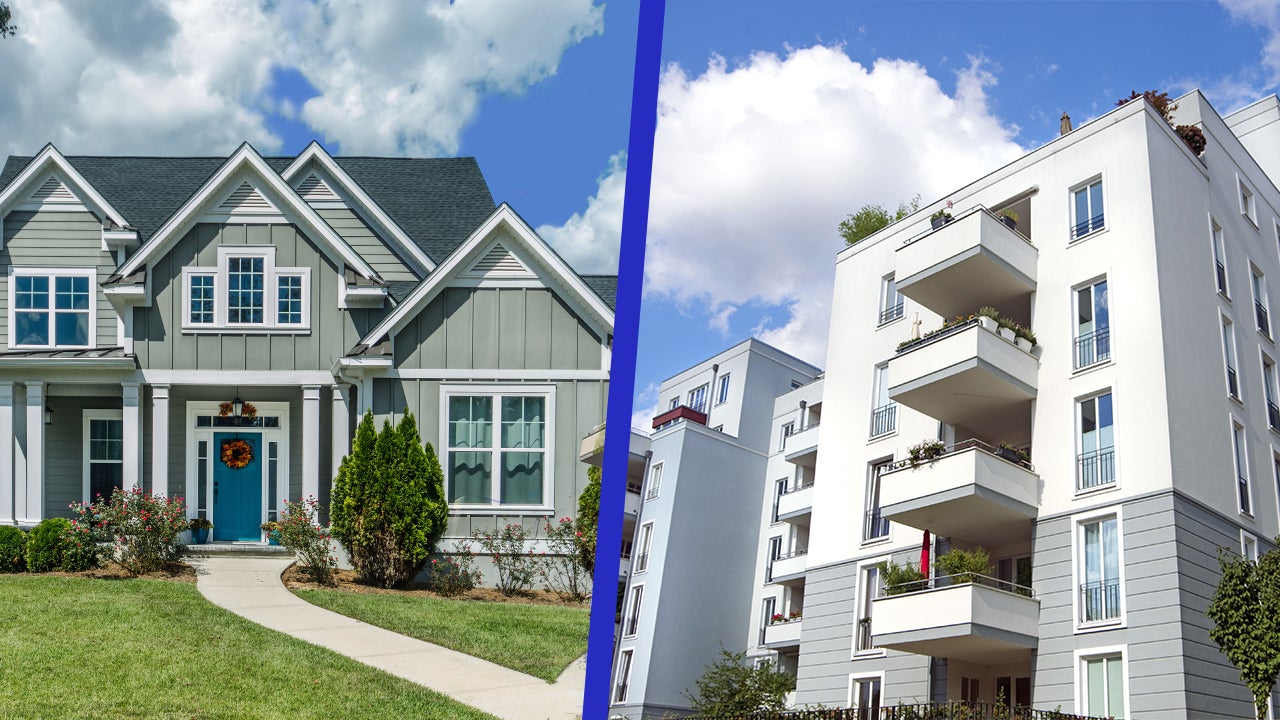The decision to live in a luxury home in the United States is often a reflection of personal lifestyle preferences, financial considerations, and long-term investment goals. Whether one chooses to own or rent a luxury property, each option offers distinct advantages and considerations that cater to different needs and circumstances. This comprehensive article explores the benefits of owning versus renting luxury homes in the USA, providing insights into the financial implications, lifestyle advantages, and investment perspectives associated with each choice.
Owning a Luxury Home: Advantages and Considerations

1. Long-Term Investment
One of the primary motivations for owning a luxury home is the potential for long-term financial benefits:
- Equity Build-Up: Monthly mortgage payments contribute to building equity in the property, which can increase over time as property values appreciate.
- Property Appreciation: Historically, real estate has shown appreciation in value, providing owners with potential capital gains upon sale.
- Tax Benefits: Homeowners may benefit from tax deductions on mortgage interest payments and property taxes, reducing their overall tax liability.
2. Customization and Personalization
Owning a luxury home allows for extensive customization and personalization according to individual preferences:
- Interior Design: Modify and decorate the home to reflect personal style and taste, including renovations and upgrades.
- Landscaping and Outdoor Spaces: Personalize outdoor areas, gardens, and amenities such as pools or outdoor kitchens to suit lifestyle preferences.
3. Stability and Control
Homeownership offers stability and control over one’s living situation and financial future:
- Predictable Payments: Fixed-rate mortgages provide stability in monthly housing costs, unlike rental rates that may fluctuate with market conditions.
- Freedom in Decision-Making: Owners have autonomy in making decisions regarding property management, maintenance, and improvements.
4. Potential Rental Income
Luxury homeowners have the option to generate passive income by renting out their property:
- Rental Opportunities: Renting the home while not in use can offset mortgage and maintenance costs.
- Short-Term Rentals: Take advantage of platforms like Airbnb to cater to short-term rental demand in desirable locations.
5. Prestige and Status
Owning a luxury home often carries prestige and status within the community and among peers:
- Symbol of Success: Demonstrate personal achievement and financial success through homeownership in prestigious neighborhoods.
- Community Integration: Establish roots within a community and potentially benefit from networking opportunities.
Renting a Luxury Home: Advantages and Considerations
1. Flexibility and Mobility
Renting provides flexibility, making it ideal for those who prioritize mobility and adaptability:
- Short-Term Commitment: Lease terms typically offer flexibility with shorter commitments compared to long-term mortgages.
- Ease of Relocation: Easily move to different locations or upgrade/downsize based on changing personal or professional circumstances.
2. Maintenance and Hassle-Free Living
Renters are typically not responsible for property maintenance and repairs, providing a hassle-free living experience:
- Landlord Responsibilities: Property owners are responsible for upkeep, repairs, and major maintenance expenses.
- Cost Predictability: Fixed rental payments simplify budgeting without unexpected maintenance costs.
3. Access to Luxury Amenities
Luxury rentals often come with exclusive amenities that may be cost-prohibitive for homeowners:
- State-of-the-Art Facilities: Access to amenities such as gyms, spas, concierge services, and security features.
- Maintenance-Free Amenities: Enjoy amenities without the responsibility of maintenance or upkeep.
4. Financial Flexibility
Renting frees up capital that would otherwise be tied up in a down payment and ongoing homeownership costs:
- Investment Opportunities: Allocate savings towards other investments or financial goals.
- Market Flexibility: Ability to invest in other asset classes or take advantage of investment opportunities as they arise.
5. Risk Mitigation
Renting mitigates risks associated with property ownership, such as market fluctuations and unexpected expenses:
- Market Stability: Rental rates are typically less susceptible to market fluctuations compared to property values.
- Insurance Coverage: Renter’s insurance protects personal belongings without the need for comprehensive property insurance.
Factors Influencing the Decision
1. Financial Considerations
- Ownership: Evaluate affordability, long-term financial goals, mortgage options, and potential tax benefits.
- Renting: Consider rental rates, lease terms, upfront costs, and financial flexibility.
2. Lifestyle Preferences
- Ownership: Appeal to individuals seeking stability, long-term investment, customization, and status.
- Renting: Attractive for those prioritizing flexibility, mobility, convenience, and access to luxury amenities.
3. Market Conditions
- Ownership: Assess local real estate market trends, property appreciation potential, and resale value.
- Renting: Consider rental market stability, lease agreements, and landlord reputation.
Conclusion
The decision to own or rent a luxury home in the USA is ultimately influenced by individual preferences, financial circumstances, and lifestyle priorities. Ownership offers long-term investment potential, customization, stability, and status, albeit with financial commitments and responsibilities. Alternatively, renting provides flexibility, mobility, hassle-free living, access to luxury amenities, and financial flexibility, without the long-term financial commitment and risks associated with homeownership.
Prospective homeowners should carefully weigh the benefits of building equity, customization, and long-term financial stability against the responsibilities of maintenance, property management, and market risks. Renters can enjoy flexibility, luxury amenities, and financial freedom while leveraging their capital for other investments or financial goals.
By understanding the advantages and considerations of owning versus renting luxury homes, individuals can make informed decisions that align with their lifestyle preferences and financial objectives, ensuring a fulfilling and comfortable living experience in the luxury segment of the real estate market.
